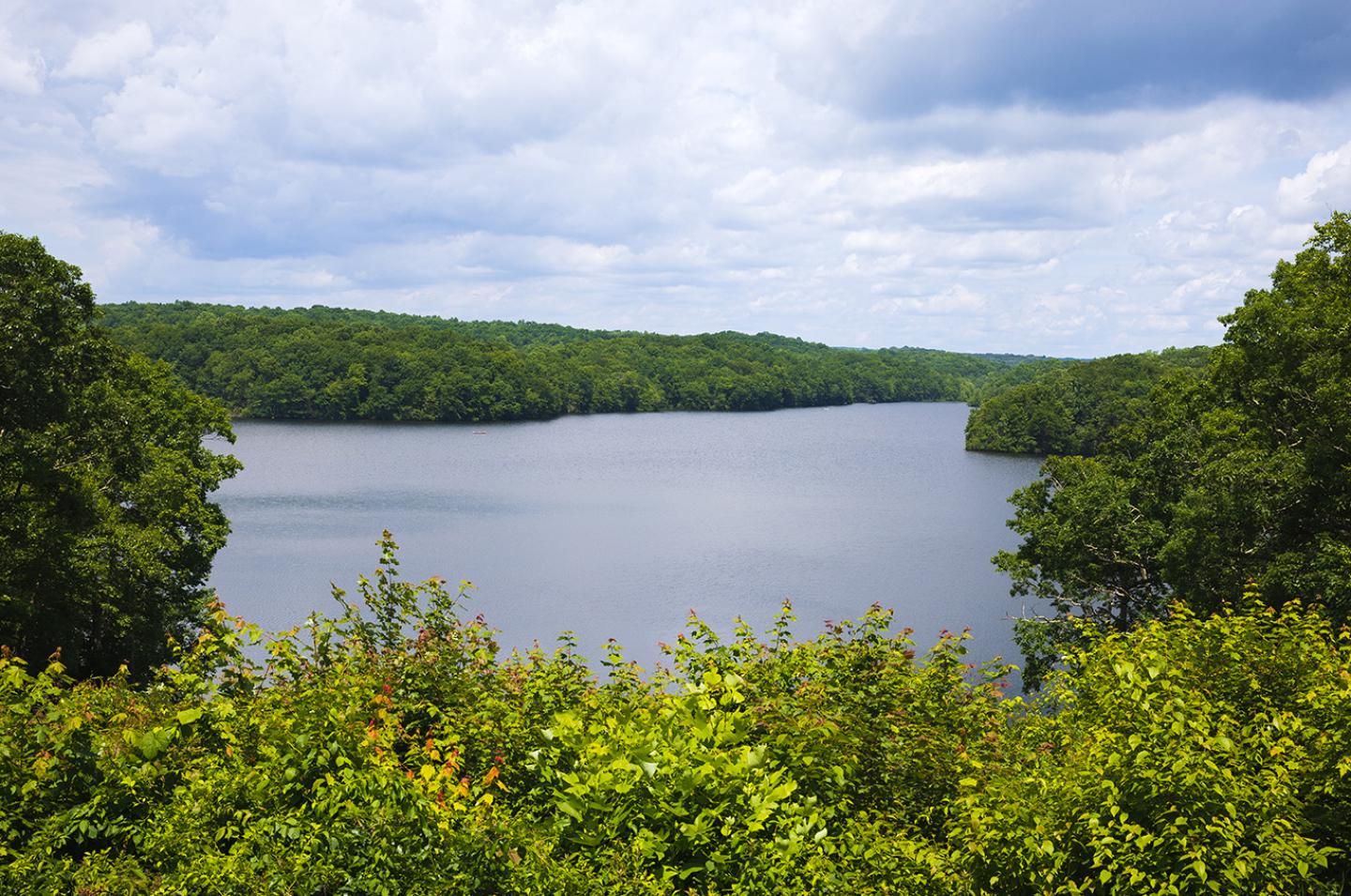In laboratories across Yale, scientists and engineers are hard at work researching and developing strategies and tools to combat climate change. To help increase the pace of innovation on campus, Yale recently launched the Natural Carbon Solutions Fund. Under the umbrella of the university-wide Planetary Solutions Project, the fund facilitates early-stage research into potentially scalable solutions for reducing atmospheric carbon and mitigating the effects of greenhouse gas emissions. In particular, the fund supports investigations into transformative sources of renewable energy, new carbon capture and storage strategies, and potential carbon utilization pathways for converting captured carbon into value-added products.
The fund was initiated with $5 million awarded to Yale as a result of a class-action lawsuit. Per the terms of the settlement agreement, cy pres settlement funding was granted to cutting-edge environmental remediation and emissions reductions programs throughout the United States. Among the twenty-nine recipients, Yale is one of a small number of universities awarded $5 million or more.
A portion of Yale’s award will be spent now to support near-term, high-impact research. The rest is an endowment that will provide long-term, sustained support for the university’s efforts in these areas.
A Catalyst for Ideas and Innovation
In May 2023, six faculty-led projects were selected to receive funding from the Natural Carbon Solutions Fund, via the Planetary Solutions Project Seed Grant Program. Now in its second year, the seed grant program kickstarts ambitious ideas into pilot projects. Proposals are solicited and selected annually by a committee of faculty members and staff in consultation with subject matter experts.
The inaugural set of projects receiving support from the Natural Carbon Solutions Fund explore a range of new and creative technologies for reducing carbon in the atmosphere. They include a low-cost sensor network for measuring air pollution exposure at the neighborhood level; a membrane to capture carbon from surface water for conversion into chemicals and fuels; a new method for sequestering methane and CO2 to restore organic carbon in degraded soil at remote mining sites; and a renewable energy-powered process for decontaminating water.
One team of investigators will study chemical reactions to improve the effectiveness of carbon mineralization, a trapping technique that permanently stores CO2 in reactive rocks. Another team will employ genomics, imaging, and modelling tools to identify strategies for controlling the microbial activity responsible for methane production. (As the second most abundant hydrocarbon in earth’s atmosphere, methane is a major driver of increasing global temperatures.)
Each of the research teams brings together faculty from multiple academic disciplines and departments, including chemical and environmental engineering, materials science, chemistry, meteorology, and molecular biophysics and biochemistry.
“The projects currently selected for grants from the Natural Carbon Solutions Fund epitomize Yale’s approach to tackling complex global challenges: bridging disciplines to foster truly collaborative, innovative problem-solving. The high caliber of ideas we’ve seen so far is a testament to the expertise and ingenuity of Yale scientists and engineers. Their insights are accelerating the development and adoption of new climate strategies, for the benefit of all who inhabit this planet.” said Michael Crair, vice provost for research.
Additional proposals will be selected to receive support from the new fund in the coming years as Yale researchers continue to advance effective solutions for tackling the global climate crisis with the utmost urgency.
